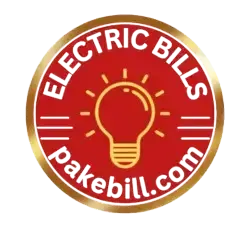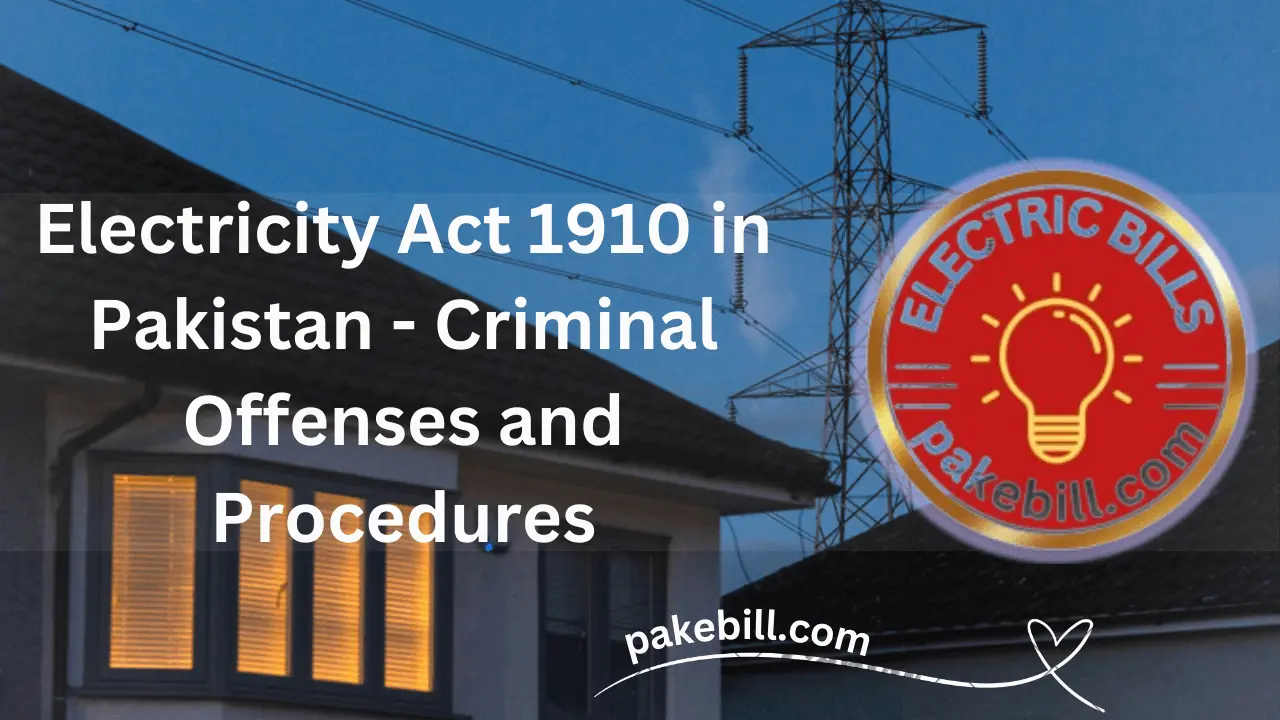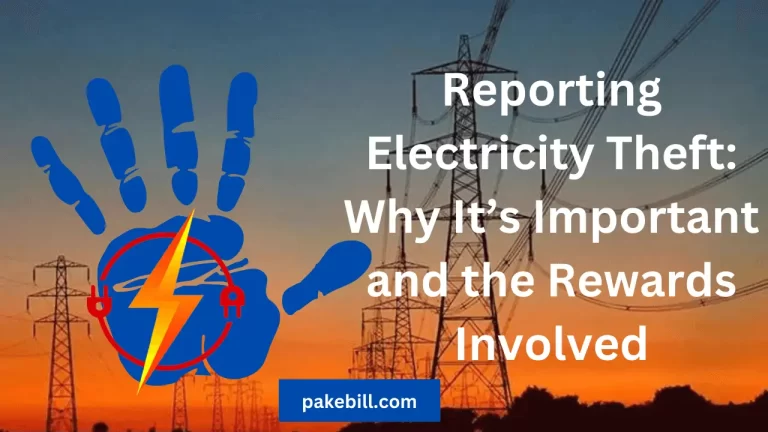Electricity Act 1910 in Pakistan – Criminal Offenses and Procedures
The Electricity Act of 1910 is a law that oversees how we use electricity. If someone messes with the electricity meter, it’s not good it breaks the law and is like taking someone’s property. According to the law, the electricity meter belongs to the person using it. Even after 60 years and changes, it still stays their property. Changing the meter has rules too. The old meter still belongs to the person, and any financial matters should be fair and clear. If there are problems, it’s good to talk to people who know about the law or contact the electricity provider to sort things out.
Criminal Law and Criminal Procedure
In this exploration of criminal offenses associated with electricity theft, we delve into various sections of the law and their implications. Understanding the nuances of these regulations is crucial for both consumers and those involved in the energy sector.
| Section | Offense Description | Penalty |
| 30 | Energy in Sector-39 | Define legal landscape |
| 6 | Unauthorized Meter Alterations | Imprisonment (up to 3 years), ₹5,000 fine |
| 38A | Damaging Electric Supply Lines | Imprisonment (up to 2 years), ₹1,000 fine |
| 41 | Unauthorized Energy Supply | ₹3,000 fine, daily fines for persistence |
| 42 | Illegal Transmission and Non-Compliance | Penalties for violating licensing conditions |
| 43 | Illegal Use and Transmission of Electricity | ₹500 fine, additional daily fines for persistence |
| 43 | Interference with Meters | ₹500 fine, daily penalties for persistence |
| 45 | Theft of Public Lamps | Imprisonment, fines |
| 46 | Wasteful Use of Electricity | Fines for negligent or intentional actions |
Section 30: Energy in Sector-39
Section 30, when prioritized over Section 3, specifically relates to energy in Sector-39. This section plays a pivotal role in defining the legal landscape surrounding the theft of electricity. Understanding its intricacies is essential for anyone involved in the energy sector.
Section 6: Unauthorized Meter Alterations
Unauthorized alterations to energy meters, such as creating openings to manipulate electricity readings, constitute a serious offense. Offenders face potential imprisonment for up to 3 years, a fine of ₹5,000, or a combination of both. Consumers must be aware of the legal consequences associated with meter tampering.
Section 38A: Damaging Electric Supply Lines
Damaging electric supply lines, whether by connecting to unauthorized lines or cutting them, can result in imprisonment for up to 2 years or a fine of ₹1,000, highlighting the importance of adhering to legal channels for electricity consumption.
Section 41: Unauthorized Energy Supply
Section 41 addresses the unauthorized supply of energy without a proper license. Violators may face fines of up to 3,000, with daily fines possible for persistent offenses. This section emphasizes the significance of obtaining the necessary licenses for energy supply.
Section 42: Illegal Transmission and Non-Compliance
Illegal transmission of electricity and non-compliance with licensing conditions carry penalties, emphasizing the importance of adhering to legal frameworks within the energy sector. Fines and daily penalties aim to deter individuals from engaging in such activities.
Section 43: Illegal Use and Transmission of Electricity
Illegal use and transmission of electricity, whether for personal use or transferring it to others without permission, can lead to fines of up to 500. Ongoing violations may result in additional daily fines, underscoring the need for responsible energy consumption.
Section 43: Interference with Meters
Tampering with meters or interfering with licensed equipment can result in fines of 500, with daily penalties for persistent violations. This section underscores the importance of maintaining the integrity of electrical infrastructure.
Section 45: Theft of Public Lamps
The theft or damage of public lamps installed by the government can lead to imprisonment and fines. This serves as a deterrent against vandalizing public property and disrupting essential services.
Section 46: Wasteful Use of Electricity
Section 46 addresses the wasteful use of electricity due to negligence or intentional actions. Fines are imposed to discourage practices that lead to unnecessary energy consumption or damage to electrical infrastructure.
You can check this information on your energy bills.
Final Words
This comprehensive overview aims to provide a deeper understanding of the legal framework surrounding electricity theft. It emphasizes the need for responsible energy practices, adherence to licensing requirements, and the consequences for violations. As regulations evolve, staying informed about these legal aspects is crucial for all stakeholders in the energy sector.


